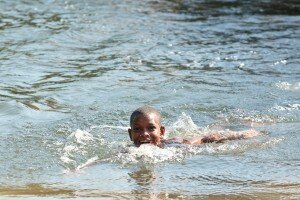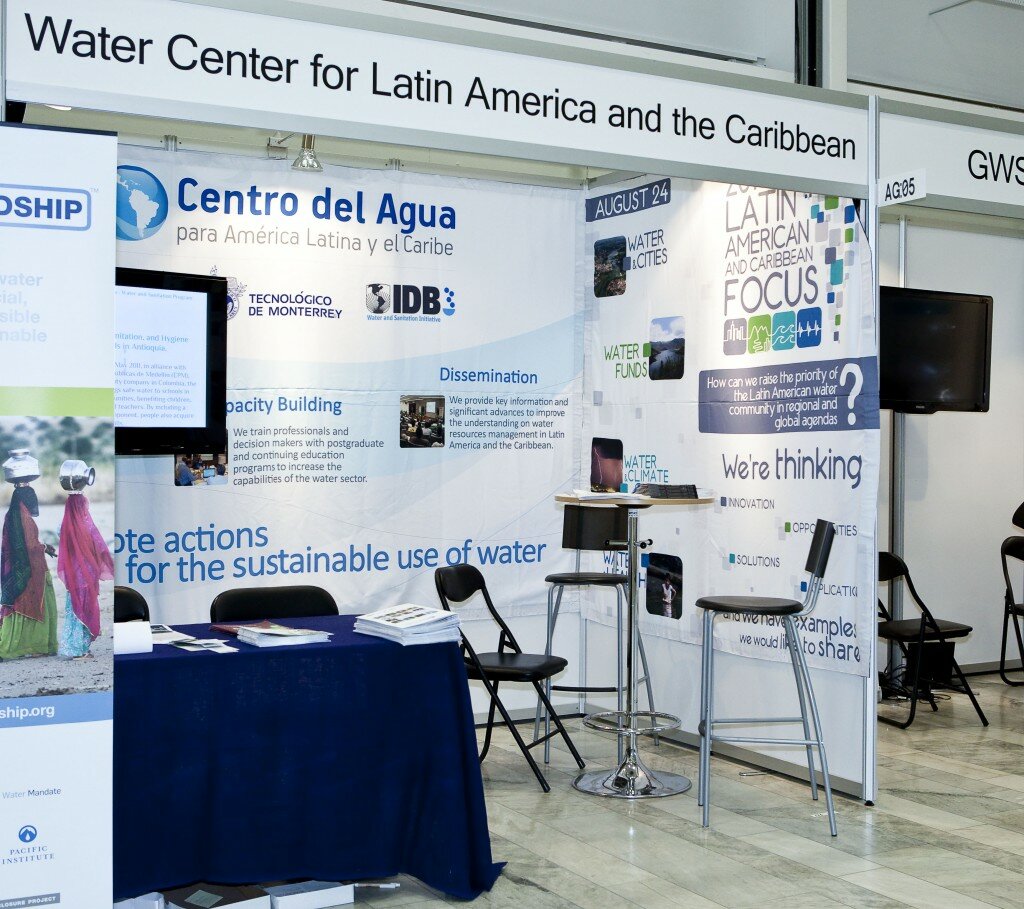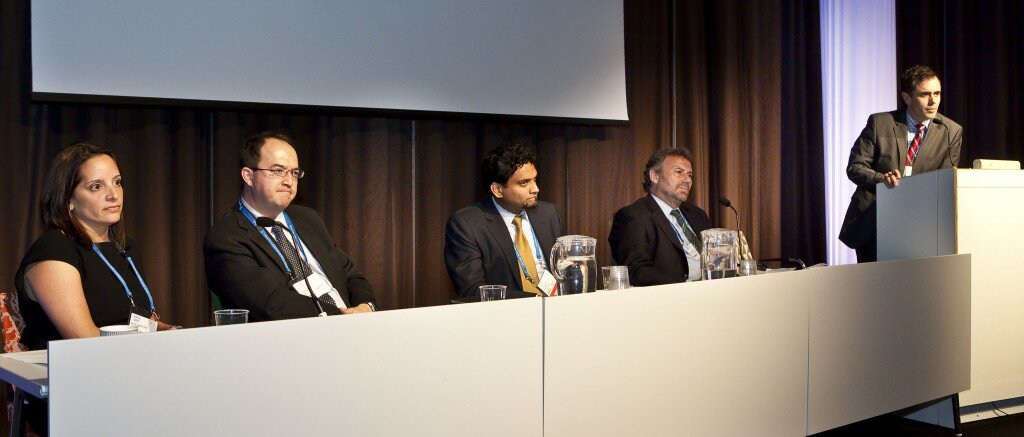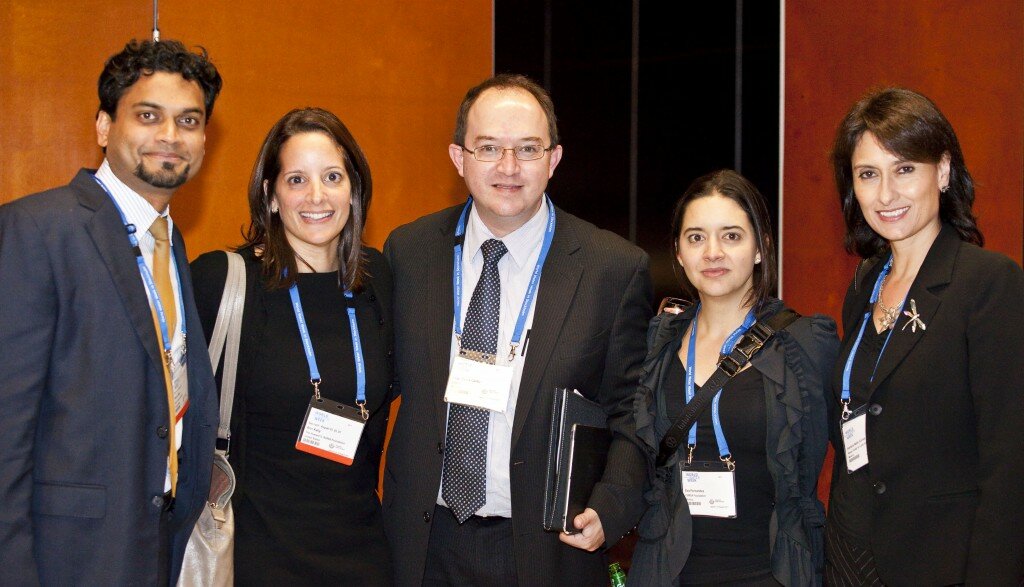Stockholm, Sweden, August 26-31, 2012 : The leading minds in environment, health, climate change, economics, and poverty reduction gathered in Stockholm for the annual World Water Week, hosted by the Stockholm International Water Institute (SIWI). Operating since 1991, the event highlights the importance of partnerships between the different fields of expertise when determining the best and most feasible solutions to global water issues.

This year, the World Water Week focused on the importance and challenges of “Water and Food Security,”, and emphasized the importance of improving sanitation and reducing wasteful practices around the globe. More than enough food is produced to feed the world’s population, yet one billion people don’t get the nourishment they need. Despite the one billion people going hungry, around one third of food produced is thrown away or otherwise wasted. It is important to note even though these numbers are both astounding and frustrating, food alone will not solve this problem. Half of malnutrition cases are related to unclean water, insufficient sanitation, or poor hygiene.
For the Global Network, this message is extremely important. Poor sanitation and hygiene are leading factors in the spread of Neglected Tropical Diseases (NTDs). There are nearly 500million people without access to clean water, and a greater two billion without access to a proper toilet. An insufficient or dirty water supply, poor hygiene practices, as well as limited or no access to sanitation facilities lead to the spread of NTDs. Improving these issues could substantially decrease NTDs, improving health and standard of living in many developing areas. Disease and undernourishment severely limit the productivity of the work force, putting strain on the entire community. For example, in Nigeria’s rice farming communities, contracting Schistosmiasis in the swampy farmlands can result in a loss of more than a month’s worth of labor days per person (for information about NTDs in Nigeria’s swamp rice farms, read more here ). Clean water, sanitation, and good hygiene go beyond improving health to facilitate the productivity and over all living standard of a community. The benefits of clean and available water span across all fields of development. For World Water Week participants, this is the bottom line.
To learn more about the World Water Week’s purpose and agenda, check out their website at www.worldwaterweek.org




